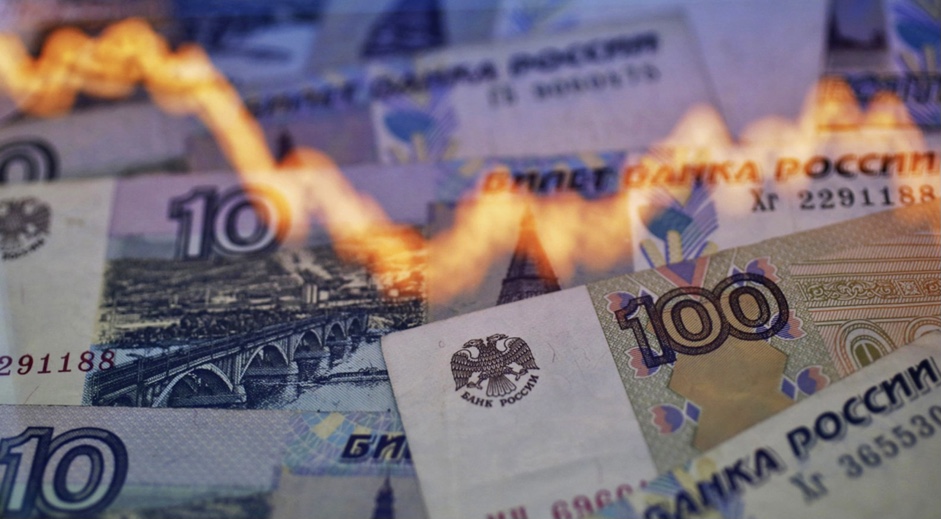Money in different shapes, from trading to advanced monetary tools. Has been an imperative institution for organized social orders from the earliest times. History gives examples with numerous alternatives of the part of the cash that offer bits of knowledge on today’s financial issues.
Allotting money related esteem in objects, like coins, maybe a part of the developmental preparation of people. Mainstream financial matters consider barter inefficient as a strategy of exchange, in this way clarifying the rise of cash.
Separated from a few particular cases, bargain economies were never the standard. Within to begin with, in agrarian societies people utilized expound credit frameworks and blessing economies, though trading took to put with outsiders.
Cash as a measuring unit emerged with the requirement. For a quantifiable concept of how much was owed after a “gift” was advertised. In this way, cash first existed as credit and afterward procured the work as a medium of trade and value storage.
Authentic information from a few societies demonstrates that varying definitions of debt lead to shifting credit frameworks. And ensuing shapes and employments of cash. In other words, cash was first presented as a unit to degree obligation and after that got more capacity.
Read also: DDF, CGE Africa Advocate Establishment of Platform to Cater for Older Persons
After the gold standard was surrendered in 1971. Cash got to be more credit-oriented to encourage the developing rate of the capitalist framework. ICT enabled the financial framework to make more credit instruments to cover the ever-rising request for credit.
These instruments may have advertised more budgetary liquidity but eventually driven to the financial crisis of 2008. A developing number of financial analysts is concerned about the extending hole between the genuine economy and its budgetary partner.
Noticing that new bank items may make value that interprets into cash. But not essentially genuine production esteem as well the way cash is utilized nowadays as a credit apparatus. Claiming that in a world with limited assets.
The boundless budgetary extension is a figment. According to the joining of obligation into the arranging and dispersion of cash the central data system of society. Falls apart human connections by creating unsustainable structures on different levels.
That cash tends to construct up to build, up a bequest of the primary stage of mechanical capitalism. And, thus, must be adjusted to the data age and its characteristics eg, decentralization.
Developments.
Current ICT-driven worldview. We have gone through the establishment period of the data innovation insurgency where economies explore with modern innovations. Whereas finance capital contributes to those innovations, though mainly on short-term speculations.
Unused money related devices have been created that create more credit rather than fueling the real economy. The NASDAQ bubble of 2000 and the later financial crisis of 2007 are, agreeing to Perez, results of such theoretical practices.
Her contention, based on information from the advancement of the capitalist framework since the 18th century. Is that what we are living nowadays isn’t a financial crisis but a basic alter as one period comes to its end and another emerges.
One that will superior utilizes the dynamics of unused advances, making synergies all through society. Well, looking into Bitcoin as the foremost conspicuous complementary currency.
We endeavored to create an account of its most vital points of interest and drawbacks. And after that advertised a broader see on the effect it can have on the world as an advancement.
The press tends to see Bitcoin as either a doomsday gadget bitcoin software Bitcoin Champion guardian angel as users make amazingly crazy profits. We think of it as a genuinely curiously experiment with a flawed, from a Commons-oriented point of view, political economy.
One might say that instead of giving answers and arrangements to the current sees of the financial crisis. Maybe Bitcoin gives a few useful and opportune questions about the standards and bases of the overwhelming political economy.
In this manner, we, as commoners, conclude that what we require are complementary monetary standards introduced in a different political economy. One breaking the shackles of capitalist opportunism. And introducing a new era of economic exchanges based on the better aspects of the human soul.

